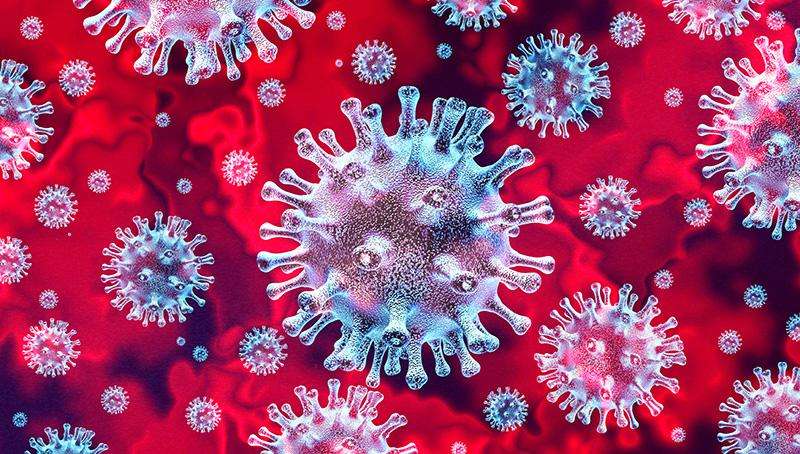The Deir Hassan camp in Syria’s Idlib province currently hosts more than 164,000 people who fled the military offensive carried out by the Syrian government and its Russian allies between December 2019 and early March 2020. Made up of settlements scattered over hills, it is just one of many such camps in the area. The vulnerable families in Deir Hassan already live in dire conditions with a lack of access to essential services including health care. Now they face yet another threat: The spread of the new coronavirus.
Caring for displaced people
On March 16, after assessing the needs in Deir Hassan camp, Doctors Without Borders/Médecins Sans Frontières (MSF) distributed essential items to 180 families in the Latamneh and Al Habeet settlements, including family tents, mats, plastic sheeting, blankets, cooking sets, and hygiene kits. The next day, another 115 families in Abo Obeidah, another settlement in Deir Hassan, received the same supplies.
“We witnessed people living in the open; we also saw two or three families sharing a tent that did not protect them from the cold or the rain,” said Ahmed, an MSF project team leader. “There were too few tents to accommodate the new arrivals.”
Deir Hassan’s water and sanitation facilities are inadequate for such large numbers of people, raising the risk of water-borne diseases. We’re also organizing the distribution of much-needed relief items in the Afrin area further north. Many displaced families sought refuge in this area, as it is controlled by Turkish forces and has so far not seen any violence. Some people who couldn’t find proper shelter settled in unoccupied houses, factories, or public buildings. In response, a camp with the capacity to host 400 displaced families is being set up in the Bul Bul area. MSF will supply tents, blankets, plastic sheeting, cooking sets, and hygiene kits. The tents will be put up in partnership with Al Ameen, a local nongovernmental organization.
Preparing for the coronavirus pandemic
The Syrian government reported the first case of COVID-19 in the country on March 23. While no cases have been declared in Idlib province, the last rebel stronghold, the disease could spread very quickly through the region—especially in the camps, where people live in large settlements, in overcrowded conditions with little sanitation.
To prepare for this new threat, MSF has suspended its mobile clinics in Deir Hassan camp to allow its staff to attend training on infection prevention and control measures and to reduce chances of the virus spreading. In the coming days, our community health workers will hold health education sessions on coronavirus—and the disease it causes, COVID-19—in 10 settlements in Deir Hassan camp, in addition to distributing leaflets and hygiene kits.
As MSF teams turn their focus to infection control measures, they are providing assistance for the triage and screening of patients in two MSF-supported health centers in Deir Hassan and Tal Karama. Considering the huge needs of displaced people in Idlib province, our response remains limited. But it must continue—and increase. MSF’s ability to scale-up assistance and tackle a potential outbreak of COVID-19 will depend on a steady flow of essential relief items, medical supplies, and personal protective equipment reaching northwest Syria—and on our ability to send international staff to support our Syrian colleagues.
MSF currently has no presence in Turkey. To be able to scale-up the response, we ask all relevant Turkish authorities to facilitate the transit of essential supplies and international staff into northwest Syria.
Across northwest Syria, MSF mobile clinics provide general and maternal health care and treatment for noncommunicable diseases. They distribute relief items and support regular vaccination activities.
We also run a specialized burns unit in the region that provides surgery, skin grafts, dressings, physiotherapy, and psychological care. MSF supports primary and secondary health care in several hospitals and clinics throughout Idlib and Aleppo governorates and has co-management partnerships with three hospitals.
MSF’s medical programs across Raqqa, Hasakeh, and Aleppo governorates in northeast Syria continue. We also run activities in Al-Raqqa, Kobane/Ain Al-Arab, Al-Hol camp, Washokani camp, and Tal Kochar/Yaroubiyah, and support local health authorities with coronavirus outbreak preparedness.
To ensure our independence, MSF receives no government funding for our operations in Syria.





